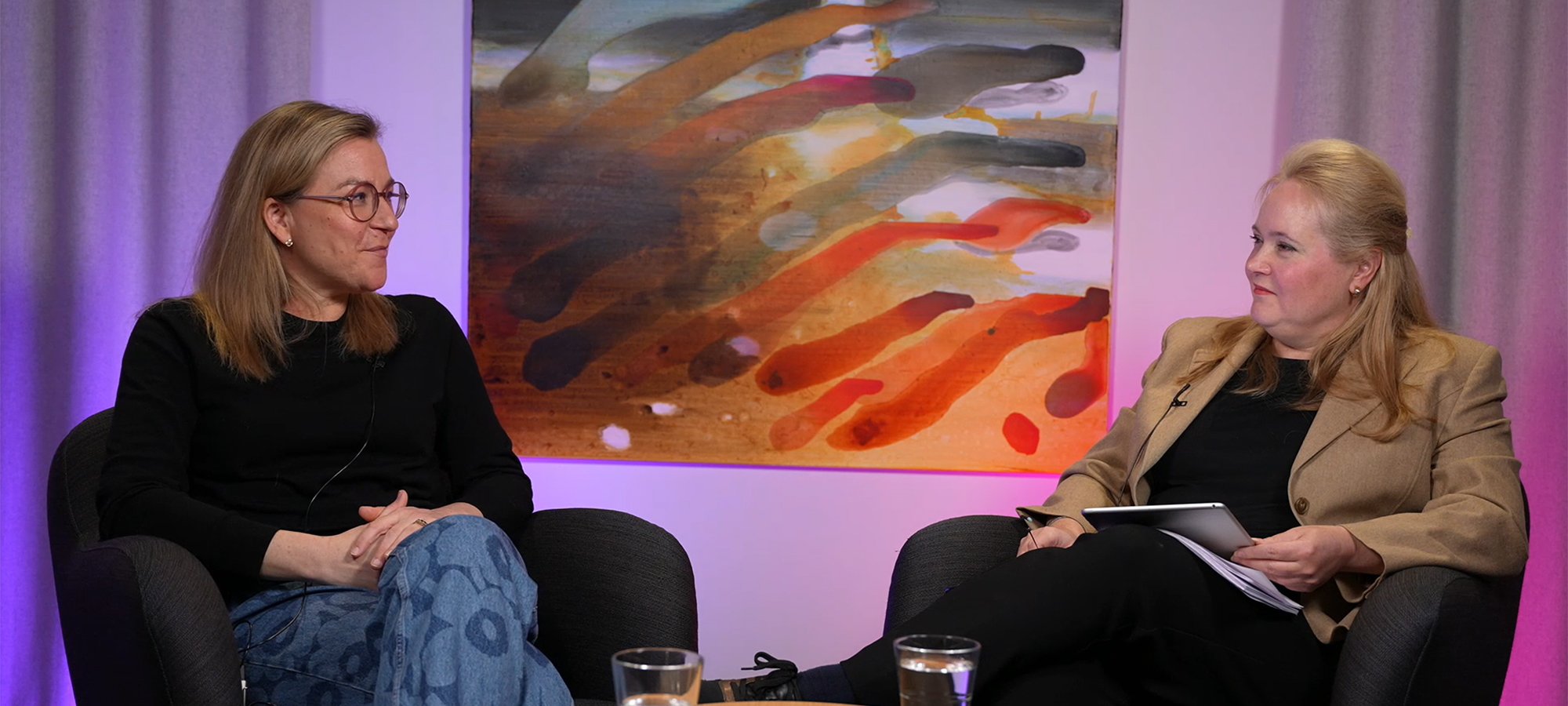What does innovative use of analytics require from management?
”Applying data is linked to at least three areas of expertise: core competency, data science, and data engineering. All three areas are rarely found in one and the same person, which creates problems. Innovation means creating something new, so these areas of expertise should be brought together in a new way. It requires management understanding the basic principles of data in order to be a bridge builder between different experts. At best, management understands all of the levels and is able to speak to everyone in their own language.”
You have talked about magicians who get technology – who are they?
”A magician is a leader who is able to turn a business problem into a data problem, and vice versa. A magician knows how to combine different competencies, which won’t happen unless he or she speaks the language of diverse experts and understands the basics of their field.”
A magician is a leader who is able to turn a business problem into a data problem, and vice versa."
How can a company benefit from top management understanding the role and use of technology?
“Let’s take the example of management having to think about how to organize the data team: should there be a separate data scientist team in place, is the expertise outsourced, or something else? To make its decision, management needs to understand the basics of technology: what is possible, what is challenging, what can technology potentially do, and how does it affect us?
Here’s another example: data is always created as a byproduct of digitalization. If management realizes what it can do with data, it is able to grasp how the company’s business model or market area might be changing in the future, or how the data can be used to increase customer insight, which then leads to personalization and customer satisfaction.”
What level of expertise does top management need – should a boss know how to code?
”There’s no need to be a coding wizard but knowing the basics does help in communicating with people. Coding is like the physics of the digital world: it makes you see how the digital world works. Similarly, it’s useful to understand the basics of artificial intelligence: what it is and what it’s not. There are such utopian views of AI out there that it makes sense to update one’s knowledge to keep it real and on this planet.”
Is it enough to have one technology expert on the board or management team?
”It’s not enough considering that in order to combine diverse areas of expertise, everyone should be speaking the same language on some level.”
If you’re in the dark, you’ll be lagging years behind others before realizing it’s too late.”
What happens if top management has no clue about the impact and potential of technology as a strategic competitive advantage?
”Technological development becomes reactive if it’s about following that ’aha, our rival has grasped this or that, so I guess we should, too’. It’s difficult to be a trailblazer without expertise. Technological transformation processes are slow. If you’re in the dark, you’ll be lagging years behind others before realizing it’s too late.”
Are there still companies and directors who see technology as some sort of support function?
”Theoretically speaking, people usually see the potential of technology, but there are some defensive attitudes. People may repeat mantras like the importance of human interaction won’t disappear, which is why our business will never change. It may well be the case, but it could just as well change radically.”
Jukka Luoma’s research interest and expertise focus on the use of data analytics and quantitative methods in strategic management and decision-making. He is one of the instructors in various Aalto EE’s programs such as Graduate Diploma in Technology. The program equips senior decision makers with the skills and competences needed to use novel technologies, such as artificial intelligence, robotics and cyber security, for driving organizational growth. Read more about the program.





















